Dust buildup inside air conditioners can become a breeding ground for mould, bacteria, and allergens. If left uncleaned, these particles circulate through your home every time the unit is turned on. For young children, this can be a serious health concern, especially for those with asthma or seasonal allergies.
Many families assume that because their air conditioner “looks clean,” it must be safe to use. But what they don’t realize is that the internal components—coils, filters, and ducts—are often hiding layers of grime. This is why finding the Brisbane best aircon cleaning service is one of the smartest decisions you can make to protect your family’s health.
How Dirty Air Conditioners Affect Children
Children breathe faster and more deeply than adults, which means they inhale more airborne particles per breath. When an air conditioning system is dirty, it spreads fine dust, pollen, pet dander, and even mould spores into every room. Over time, this can lead to:
- Recurring coughs
- Runny nose and sneezing
- Watery, itchy eyes
- Fatigue and poor sleep
- Worsening of asthma or bronchitis
If your child keeps getting sick or has trouble breathing clearly at night, your air conditioner might be the hidden cause. The signs are often subtle at first, but with constant exposure, the effects can become more noticeable.
What Grows Inside an Unclean Aircon?
It’s not just dust. Air conditioning units provide the perfect environment for microorganisms to thrive in warm, damp conditions. Here’s what could be lurking inside:
Mould: Spores spread easily and can trigger allergic reactions. Mould can also produce toxins that affect cognitive development in young children.
Bacteria: Without proper cleaning, bacteria can accumulate in the drain pan and coils. Some strains can cause respiratory infections or aggravate existing conditions.
Dust mites: These tiny creatures feed on skin flakes and live inside filters and ducts. They are one of the most common triggers for asthma in children.
How Often Should You Clean Your Air Conditioner?
Experts recommend getting your unit professionally cleaned at least once a year. However, if you have pets, a child with asthma, or live in an area with high pollen counts, you might need to clean it more often.
Regular cleaning not only improves air quality—it also helps the unit run more efficiently, which can lower your energy bills and extend the system’s lifespan.
Warning Signs Your Aircon Needs Attention
Are you unsure whether your unit needs cleaning? Watch for these common signs:
- Musty or damp smells when the unit is on
- Visible dust around vents
- Increased sneezing or breathing problems indoors
- Unusual noises coming from the unit
- Poor airflow even when the system is on high
If any of these apply to your home, it’s time to take action before it further affects your child’s health.
How Advanced Clean Air Helps Brisbane Families
Advanced Clean Air understands the critical importance of clean air for your family’s well-being. Their expert team uses non-toxic products and a thorough deep-cleaning process that reaches parts of the system you can’t access on your own. They service both split systems and ducted units, ensuring every part is free from bacteria, mould, and dust.
Their technicians are trained to handle sensitive environments, including homes with babies or children with respiratory issues. The result? Cleaner air, healthier lungs, and a safer space for your kids to grow.
Simple Tips to Maintain Clean Indoor Air
While a professional clean is essential, here are a few ways to keep things fresh between services:
- Vacuum regularly, especially around vents
- Use a HEPA air purifier in your child’s bedroom
- Replace or rinse filters every 1–2 months
- Keep windows open when the weather allows to improve airflow
- Wipe down visible surfaces on your aircon unit with a damp cloth
Don’t Wait Until Your Child Gets Sick
Health issues caused by dirty air conditioners often go unnoticed until symptoms become severe. By staying ahead with proper maintenance and professional cleaning, Brisbane parents can ensure their children breathe clean, safe air every day.
Make your home a place of comfort—not contamination. A quick check today can save your child from months of discomfort tomorrow. For more ways to support your child’s well-being, read these practical tips on raising a healthy child.
